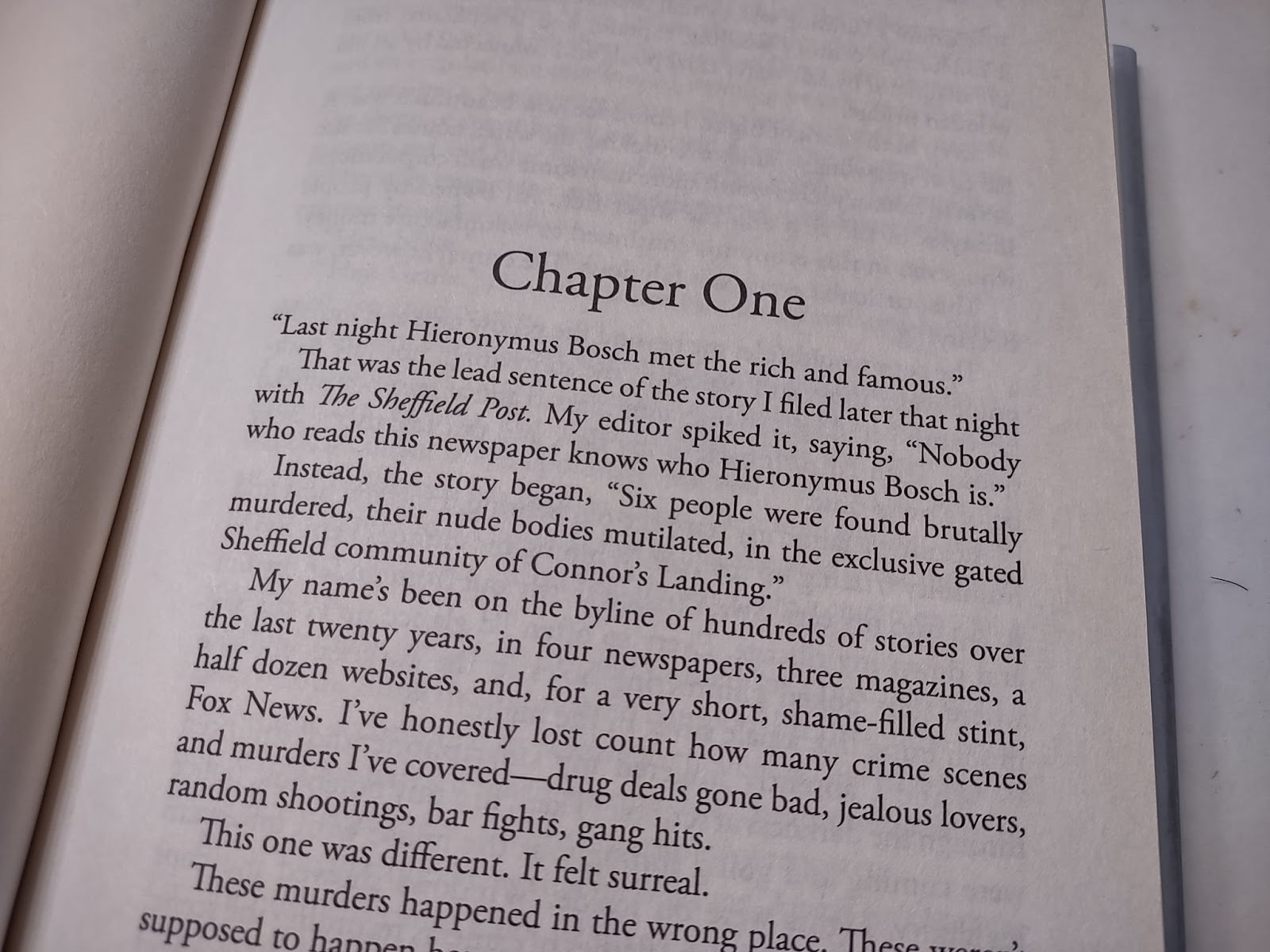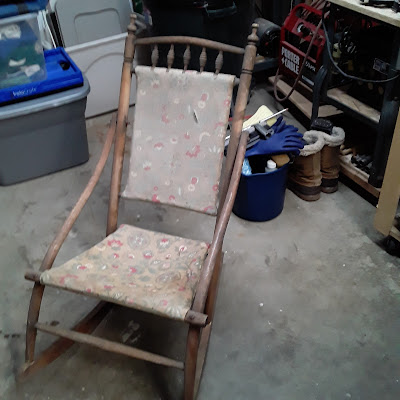By Thomas Kies
With great interest, I read Frankie Y. Bailey’s blog about wrestling with the opening scene of her new work in progress. (In the same blog, she posted a link to a video from 1939 when 20,000 Americans crowded into Madison Square Garden…all of them except one were Nazi sympathizers. It was chilling and reminded me of Charlottesville.)
Opening scenes, indeed opening lines, are absolutely key to getting a reader to keep turning pages. My agent once told me that she gets at least a hundred queries a day. If the first scene…first sentence…doesn’t grab her, she sets it aside and moves on to the next.
She made that announcement at the Book Passage Mystery Conference back in 2016 a week after she’d secured my first contract with Poisoned Pen Press. I was in the audience, and she asked me to stand up and recite the first sentence of Random Road.
Last night Hieronymus Bosch met the rich and famous.
The rest of the scene goes:
That was the lead sentence of the story I filed later that night with the Sheffield Post. My editor spiked it, saying, “Nobody who reads this newspaper knows who Hieronymus Bosch is.”
Instead, the story began:
‘Six people were found brutally murdered, their nude bodies mutilated, in the exclusive gated Sheffield community of Connor’s Landing.’
--So, in the spirit of great openings and great opening lines, some of my favorites are:
“It was a bright cold day in April, and the clocks were striking thirteen.” George Orwell, 1984
“This is my favorite book in the world, though I have never read it.” William Goldman, The Princess Bride.
“It was the day my grandmother exploded.” Iain Banks, The Crow Road.
“Mr. and Mrs. Dursley of number four, Privet Drive, were proud to say they were perfectly normal, thank you very much.” J.K. Rowling, Harry Potter and the Philosopher’s Stone.
“It was the best of times, it was the worst of times, it was the age of wisdom, it was the age of foolishness…” Charles Dickens, A Tale of Two Cities.
“James Bond, with two double bourbons inside him, sat in the final departure lounge of Miami Airport and thought about life and death.” Ian Fleming, Goldfinger.
Opening lines and opening scenes set your expectations for the rest of the book. In a bookstore, someone who picks up your book will quickly look at the blurbs and quotes on the back cover, scan the synopsis on the inside front cover, and then take a look at your opening scene. If they take your book to the front counter, credit card in hand, then you’ve won them over.
One of the absolute best opening scenes from a book I read in 2021 is from Carl Hiaasen’s Squeeze Me.
“On the night of January twenty-third, unseasonably calm and warm, a woman named Kiki Pew Fitzsimmons went missing during a charity gala in the exclusive island town of Palm Beach, Florida.
Kiki Pew was seventy-two years old and, like most of her friends, twice widowed and wealthy beyond a need for calculation. With a check for fifty thousand dollars, she had purchased a Diamond Patrons table at the annual White Ibis Ball. The event was the marquee fundraiser for the Gold Coast chapter of the IBS Wellness Foundation, a group globally committed to defeating Irritable Bowel Syndrome.
Mrs. Fitzsimmons had no personal experience with intestinal mayhem, but she loved a good party.”
Don’t we all?











